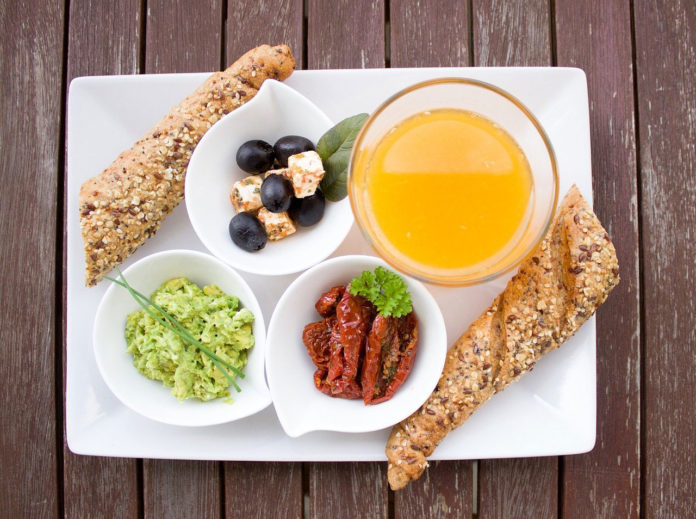Our body exhausts energy when we digest food to absorb, digest, transport, and store nutrients. This procedure, known as diet-induced thermogenesis (DIT), measures how well our metabolism is functioning and can differ depending upon mealtime.
Whether there is daytime time variation in diet-induced thermogenesis (DIT) has not been answered. Moreover, it is unclear whether a potential diurnal variation in DIT is preserved during hypocaloric nutrition.
A new study suggests that eating a big breakfast rather than a large dinner may prevent obesity and high blood sugar.
The study’s corresponding author, Juliane Richter, M.Sc., Ph.D., of the University of Lübeck in Germany, said, “Our results show that a meal is eaten for breakfast, regardless of the number of calories it contains, creates twice as high diet-induced thermogenesis as the same meal consumed for dinner. This finding is significant for all people as it underlines the value of eating enough at breakfast.”
For the study, 16 normal-weight men twice underwent a 3-day in-laboratory under blinded conditions. They found identical calorie consumption led to 2.5 times higher DIT in the morning than in the evening after high-calorie and low-calorie meals. The food-induced increase of blood sugar and insulin concentrations was diminished after breakfast compared with dinner. The results also show eating a low-calorie breakfast increased appetite, specifically for sweets.
Richter said, “We recommend that patients with obesity as well as healthy people eat a large breakfast rather than a large dinner to reduce body weight and prevent metabolic diseases.”
Journal Reference
- Juliane Richter, Twice as High Diet-Induced Thermogenesis After Breakfast vs Dinner On High-Calorie as Well as Low-Calorie Meals.The Journal of Clinical Endocrinology & Metabolism, Volume 105, Issue 3, March 2020, Pages e211–e221, DOI: 10.1210/clinem/dgz311
